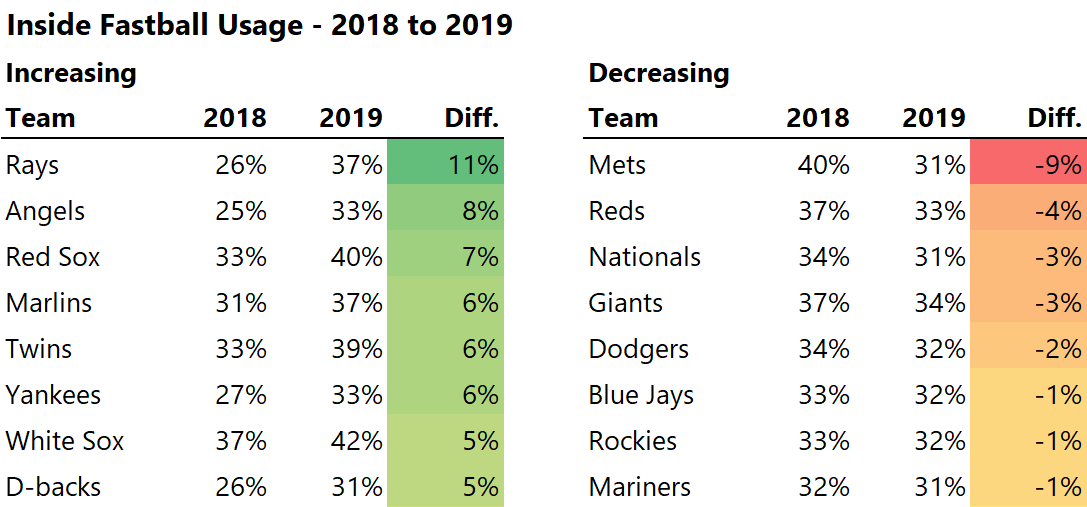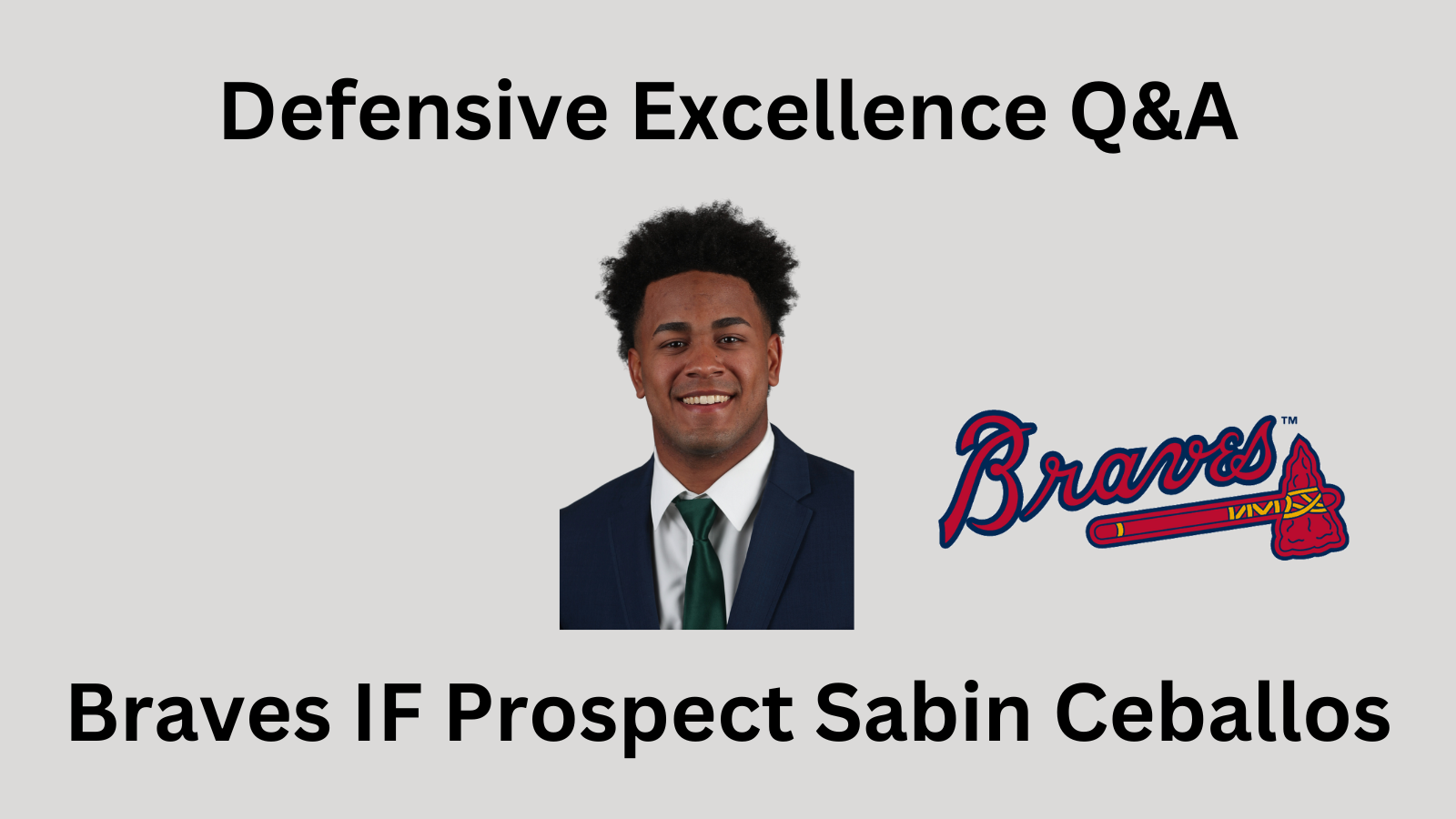On the most recent episode of the Sports Info Solutions Baseball Podcast (link here), we honored Women’s History Month with three guests who, each in their own way, are shaping how baseball analysis will be done in the future.
They were
* Chelsea Janes, national baseball writer for The Washington Post
* Andrea Arcidipane, former baseball operations associate for Yankees, best known as “ScoutgirlReport” on social media
* Sarah Thompson, research analyst for Sports Info Solutions
In addition to talking about typical baseball conversations, like those about rules changes and players to watch, we asked them to share perspective about what it’s like to do what they do.
Chelsea Janes on clubhouses being more accommodating to women
“In the 10 years since I’ve been in clubhouses, it’s become a lot more normal to see other women in there. We’ve been joking about it. Hannah (Keyser), Lindsey (Adler), Stephanie Apstein, Britt (Ghiroli) – we were all in one clubhouse and it was just funny the conversations we were having, they were conversations I’m sure had not been heard in a clubhouse before … And I think we all kind of slowly realized that oh wow, this is new, this is unprecedented for all of us to be here. In a lot of ways, the climate has adjusted to be more accommodating …
I credit Stephanie Apstein from Sports Illustrated – we saw in 2019 when Brandon Taubman, the Astros executive implied that he didn’t care about domestic violence with regards to Roberto Osuna and yelled at some women in the clubhouse. Steph and others wrote about this and said this is not a safe space for you to just be a jerk. I think that was meaningful, because it was like ‘We’re here too and we deserve to feel safe here.’ There’s no safe space to be sexist or misogynist.”
Andrea Arcidipane (“ScoutGirlReport”) on why her social media videos and scouting reports are produced in the way that they are.
“My goal is to just have fun and share my passion for baseball. I know from experience how hard it can be to start watching baseball and learn the intricacies of it without help, so I just want to make content as beginner-friendly as possible and help translate some of those advanced topics to fans in what I think is a fun way.
What’s helped my videos stand out a bit is that they’re easy to comprehend for anyone. It’s easy in social settings, on Twitter, to feel embarrassed about asking questions. But baseball is supposed to be fun and it’s supposed to be something we can all enjoy and talk about. The simpler I can get the message across the better.
I get messages sometimes that say I’m trying to get into baseball. This storytelling that you do is a nice way to translate advanced data to a more casual fan. I’ve gotten that feedback from teams, from players, from managers/coaches, from all different people in baseball. I figure I must be doing something right.”
Sarah Thompson on advice for those who want to become baseball data analysts
“First and foremost, love your domain, whether it’s sports or something else. Secondly, ask questions and answer them with research projects. Most importantly, showcase them, put them on the internet, don’t worry that it might look stupid. You just want people to know that you have work out there, that you care about something, and that you’re curious to try to answer questions. And don’t be afraid to fail.
One more. Strengthen those written and verbal communication skills. We heard that a lot at SABR Analytics.”


